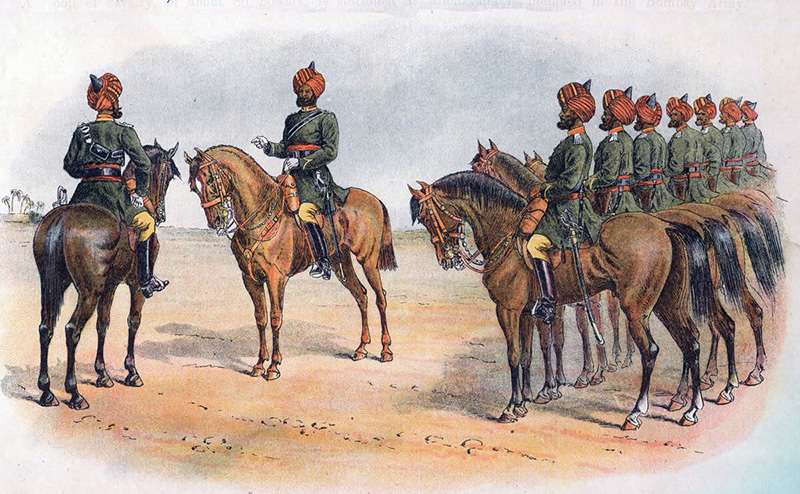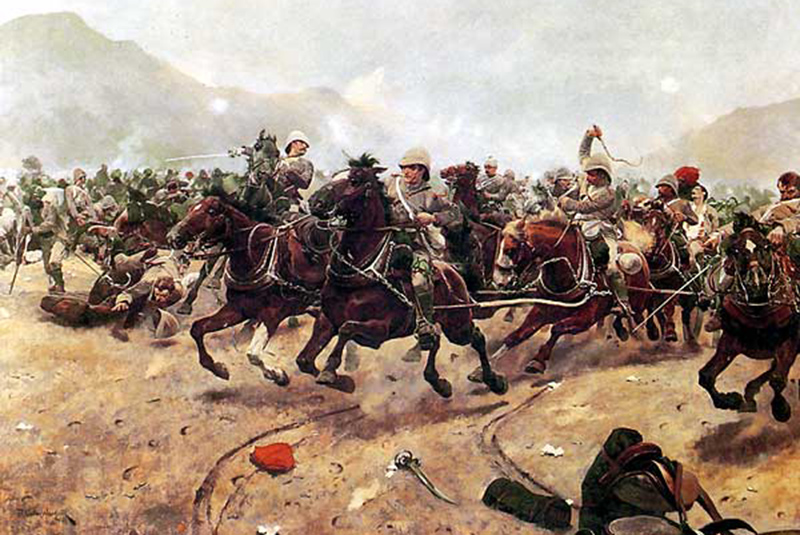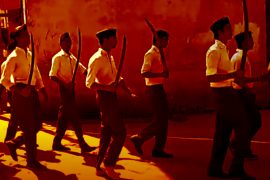For close to two centuries, Afghanistan, on account of its geographic location, has been a constant theatre of war. Colonial forces in the nineteenth century and imperialist forces in the twentieth have consistently struggled to bring this land under their thumb, for the most part without success. The fierce spirit of independence, personified by personalities like Malala of Maiwand, has laid to waste most western plans of dominance.
The Second Anglo-Afghan War
On July 27, 1880, the Afghans under Ayub Khan and the British under Brigadier General Burrows, faced each other at Maiwand, near Kandahar in Afghanistan. The Afghans outnumbered the British by more than four-to-one – 12000 to 2500. But the British, with their superior firepower and well-trained forces, mostly Indian, were more than a match for the battle-hardy Afghans.

Scinde Horse of the Bombay Army: Battle of Maiwand on 26th July 1880 in the Second Afghan War. Image: Public domain / Battle of BritainThe British, victorious in the battles leading up to the Battle of Maiwand, had a high morale. The Afghans, on the other hand, many of them ‘irregulars,’ while being fearless and fierce were not very well-led and unable to press home their strategic advantages. As the day wore on, the Afghans, despite being in a better strategic position and possessing superior knowledge of the terrain, seemed to be heading for a defeat against the superior tactics and planning of the British forces. Morale was low and the embattled Afghans were moments away from a retreat.
Copyright©Madras Courier, All Rights Reserved. You may share using our article tools. Please don't cut articles from madrascourier.com and redistribute by email, post to the web, mobile phone or social media.Please send in your feed back and comments to [email protected]











